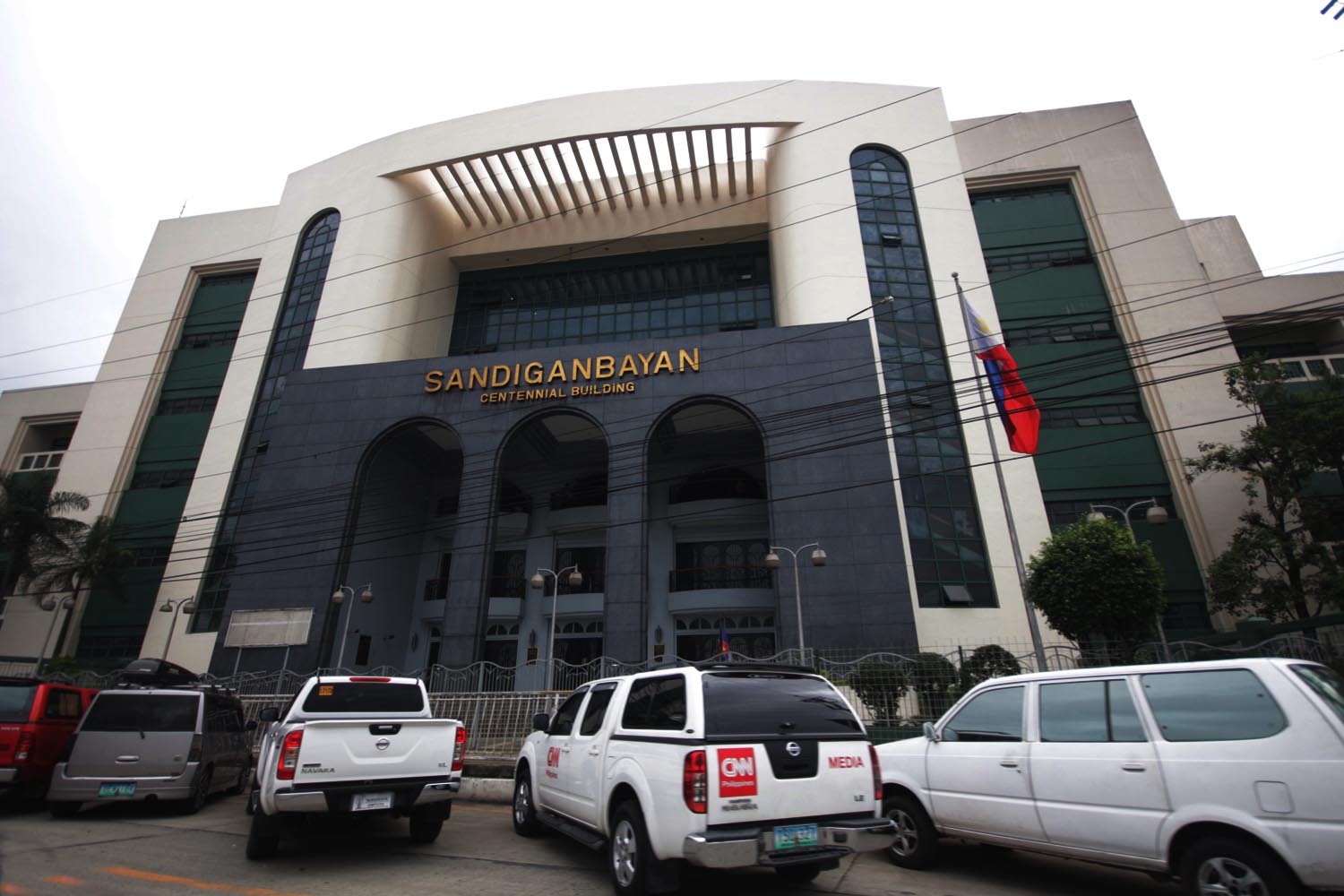
THE HAGUE, Netherlands – The Dutch territory of Curacao said Saturday, May 4 it would do what is needed to prevent measles spreading from a Scientology cruise ship, after a crew member came down with the disease.
The Freewinds, which left the Caribbean island of St. Lucia on Friday, arrived back in its homeport of Curacao at around 9:00 am Saturday, according to myshiptracking.com.
The Curacao government said in a statement that it would "take all necessary precautions to handle the case of measles on board of the Freewinds," including vaccinations.
"An investigation will also be done to determine who will be allowed to leave the ship without (posing) a threat to the population of Curacao," it said.
"It is imperative to make all efforts to prevent a spread of this disease internationally."
Dutch broadcaster NOS reported that 3 health officials had boarded the boat to examine those on board. Only people able to prove that they have been vaccinated against measles or had already had the disease would be able to leave the boat, its correspondent there reported.
Anti-vaccine movement
The Church of Scientology says the 134-meter vessel is used for religious retreats and is normally based in Curacao.
The vessel had arrived in St Lucia from Curacao on Tuesday, when it was placed under quarantine by health authorities there because of a measles patient, said to be a female crew member.
According to NOS, the crew member concerned is a Danish national, who arrived in Curacao from Amsterdam on April 17. It was only when the boat was at sea, on route to St Lucia, that a doctor discovered she had measles, their correspondent said.
The resurgence of the once-eradicated, highly contagious disease is linked to the growing anti-vaccine movement in richer nations, which the World Health Organization (WHO) has identified as a major global health threat.
The authorities in Curacao nevertheless urged local people not to panic, as the risk of the disease spreading in this case was fairly low.
Several people did however visit the cruise ship between April 22 and April 28 before it set sail for St Lucia and the authorities asked them to make themselves known to health officials.
Officials said the Freewinds had travelled between Curacao, St Lucia and another Dutch-held island, Aruba, several times towards the end of April.
There were about 300 people aboard the ship, according to Saint Lucia authorities, which placed the vessel in quarantine. They said they provided 100 doses of measles vaccine at no cost.
The Scientology church, founded by science fiction writer L Ron Hubbard in 1953, did not respond to requests for comment.
Its teachings do not directly oppose vaccination, but followers consider illness a sign of personal failing and generally avoid medical interventions. – Rappler.com

















